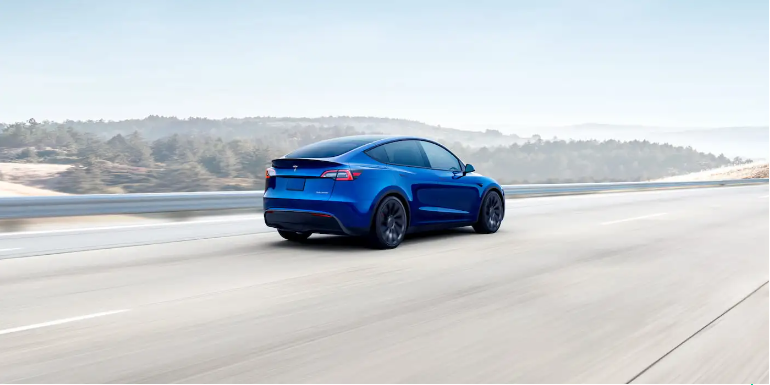
The Environmental Protection Agency (EPA) announced a strict new auto pollution rule in April that will all but ensure that EVs make up as much as 60% of new cars sold in the US in just seven years – here’s how that could impact EV sales.
Electrek spoke with Ronen Slonim, lead data analyst at Fullpath, an auto industry customer data and experience platform, about how the new EPA rule could impact car dealerships, original equipment manufacturers (OEMs), and EVs sold by direct sales.
How will the EPA’s new rules impact direct-sales models vs. dealerships?
Let’s look at Tesla, which uses a direct-sales model. Tesla has cut their prices several times over the last year or so in an attempt to compete with pricing offered by dealerships and engage a wider audience. While Tesla’s cuts initially resulted in a boost in sales numbers and a short-term decline in EV sales at dealerships, this method of price slashing to beat dealers is not sustainable in the long term, especially when you consider the steady increase of EV purchases at dealerships in the second half of 2022.
Volkswagen dealership EV sales jumped by 126% during the second half of 2022 compared to the same period in the previous year, and brands such as Kia and Volkswagen, which are producing quality EVs at lower price points, can be credited with pushing Tesla to drop their prices in the first place.
While EV adoption in the US has been slow compared to much of Europe and Asia, competitive pricing has proven to increase interest and purchasing. The EPA’s proposed rules will open up the market in the US, providing dealerships with an opportunity to educate the public and increase EV sales.
How have OEMs that introduced EV sales fared so far?
Though the general environment is challenging, we’re seeing a widening gulf between those OEMs that offer EVs and those that don’t. Those who do have EV offerings are faring much better than their have-not counterparts.
Almost all car brands have seen a decrease in the number of cars sold, both new and used, in 2022 as compared to 2021. However, Kia not only saw a massive 33.5% increase in sales following the pandemic but also saw a 3.5% increase in 2022 sales compared to 2021. Kia has also seen one of the lowest percentage changes of returning customers in three years (-0.9%), compared to the average reduction in returning customer sales (-22.6%). Kia’s EV-centric mindset might explain why it’s seeing continued success while major car brands such as Toyota are struggling to maintain market relevance due to a lack of EV strategy.
Electric car sales increased despite recent industry and economic hurdles, yet Toyota doesn’t even make the top 20 regarding EV production. Toyota slipped to No. 2 in auto sales in the US, with General Motors taking the top spot.
What will the implications of the EPA’s new rules be when it comes to brand perception and loyalty?
Car brands that have put faith in their EVs have seen greater success and brand loyalty than those that haven’t. The EPA’s proposed rules might appear drastic, but the auto industry has been driving the change with the rapid adoption of EV initiatives from major OEMs and significant increases in EV sales. OEMs that prioritize adoption have seen greater success in the past year.
OEMs were once able to bank on brand loyalty, with statistics from just five years ago showing 81% of used and 76% of new car owners repeatedly buying the same type of car. While brand loyalty is rapidly decreasing in automotive, data suggests that consumers are more loyal to the offerings, prices, and initiatives taken by OEMs, with major growth in EV sales at dealerships seen in the second half of 2022.
Despite still seeing fewer returning customers, Volkswagen has managed to slow their year-over-year reduction from -31% customer return sales from 2020-21 to -16% in 2021-22. The significant reduction indicates that Volkswagen’s new auto strategy, which focuses on digital adoption and EV initiatives, is making a significant impact. Comparing Volkswagen’s EV sales stats with returning customer sales data suggests that consumers may no longer be loyal to a specific brand, but a brand’s commitment to meet consumer demand and interests has become a defining factor in car sales.
This trend can be seen across all car brands and price points. For instance, Porsche is the only OEM to have seen brand loyalty increase a significant 32% since 2019. By prioritizing its electric sports car, Porsche has positioned itself as the must-have luxury car brand.